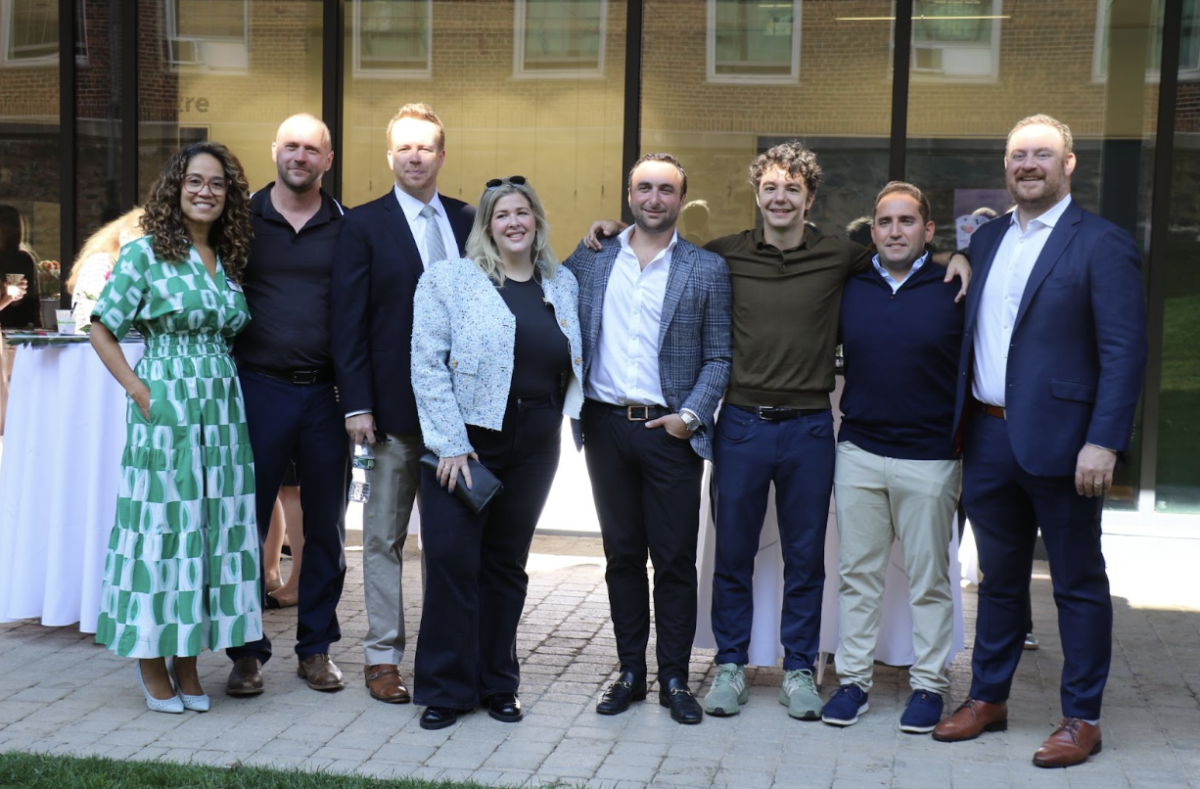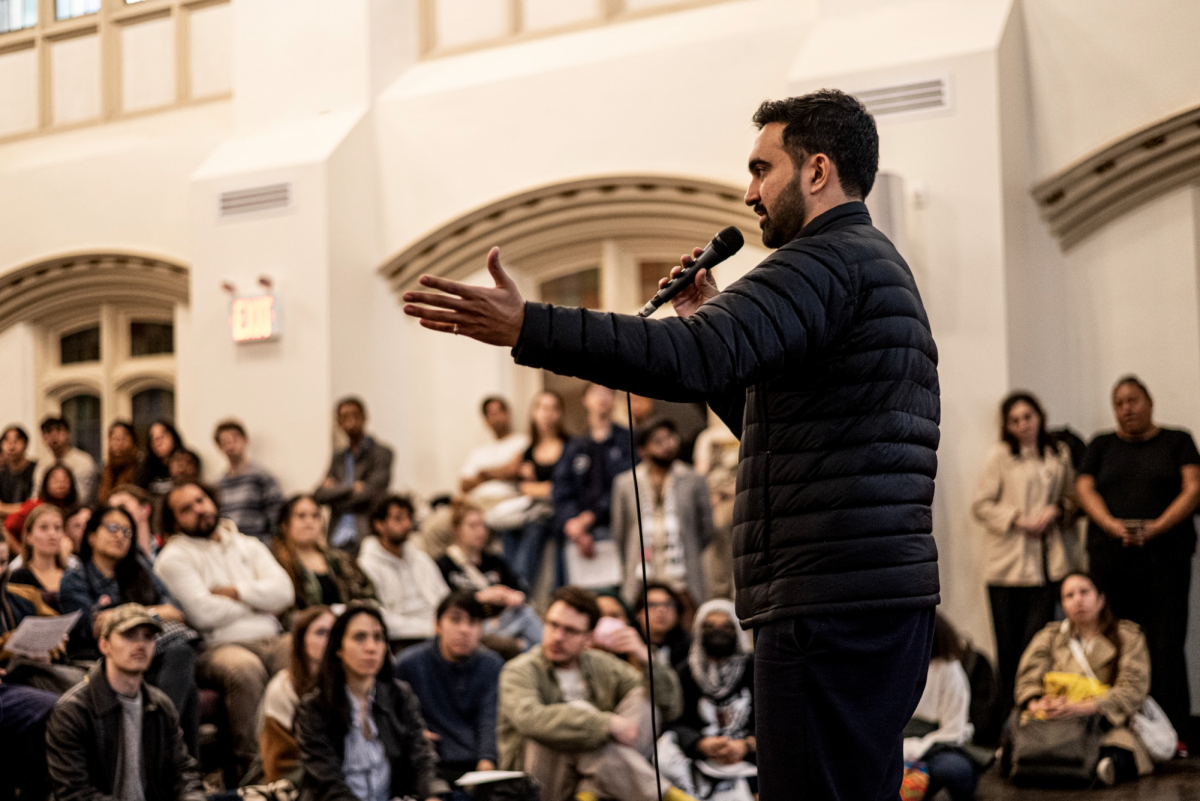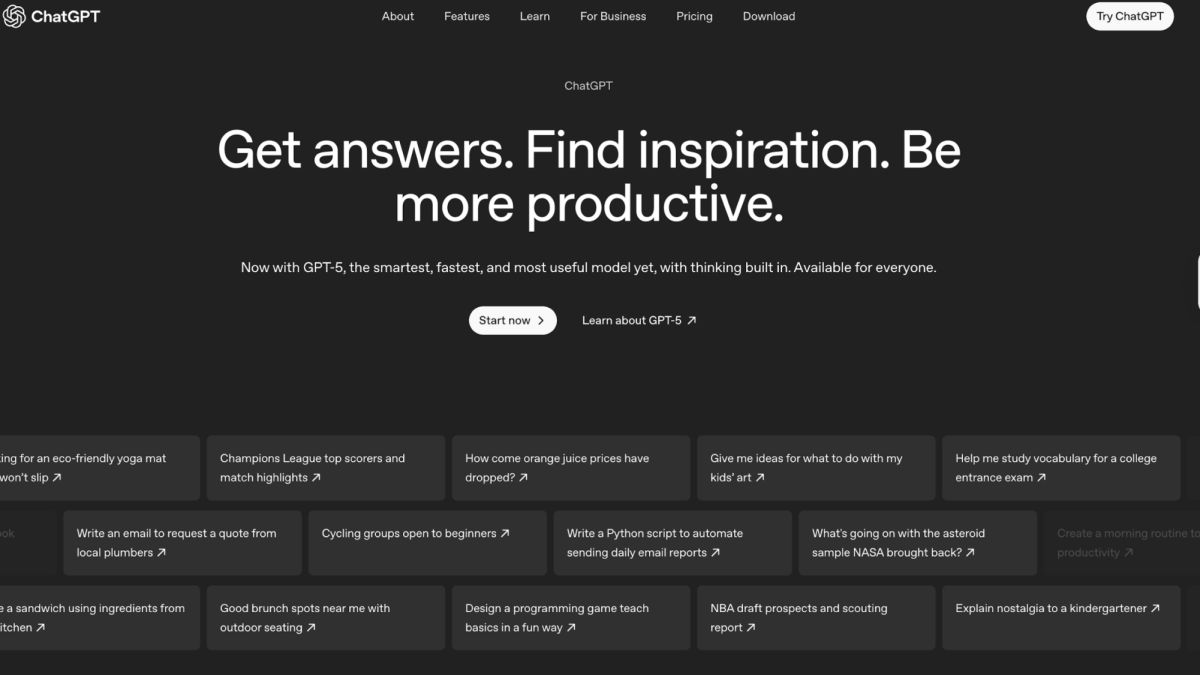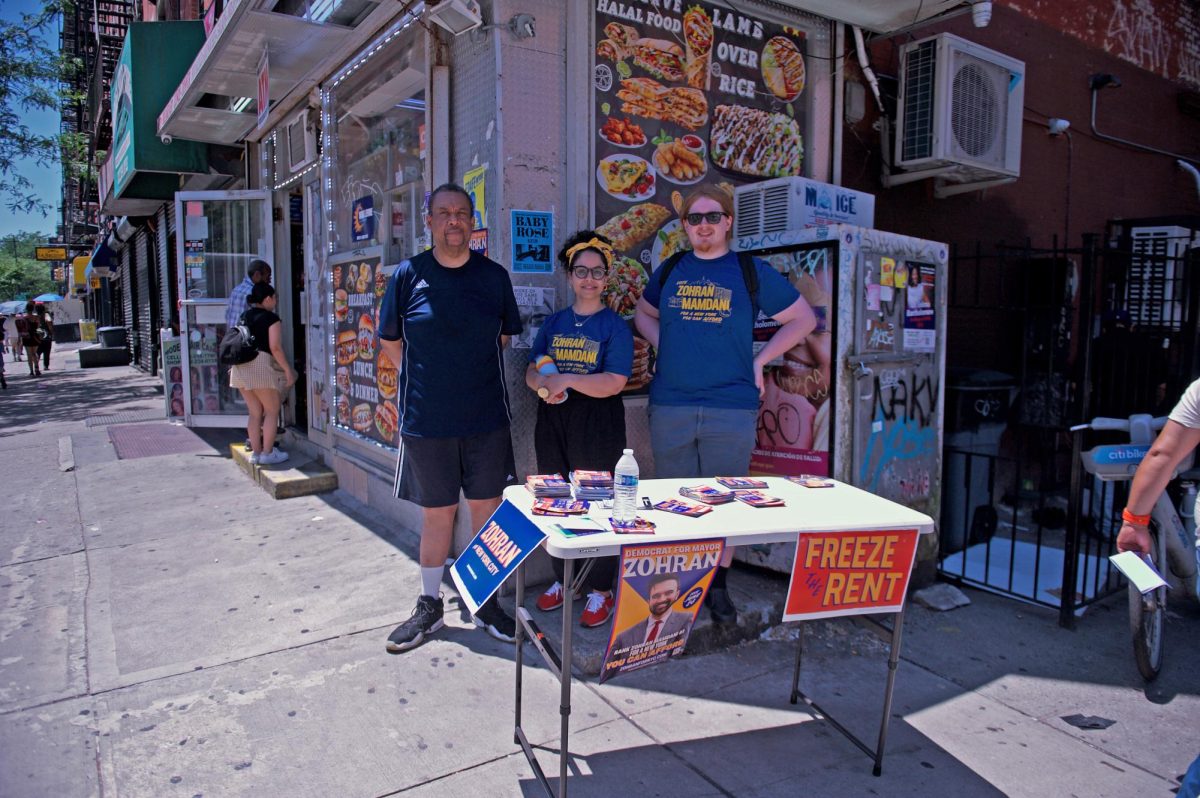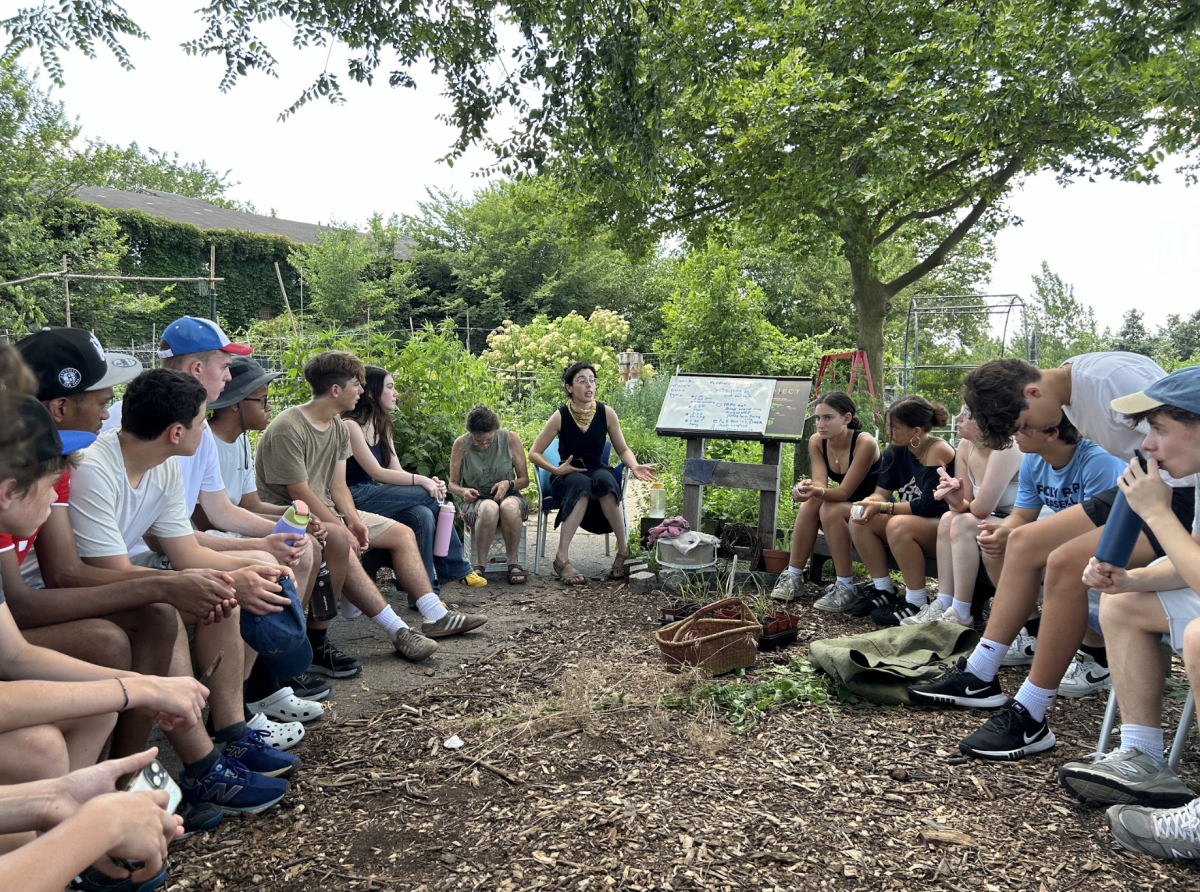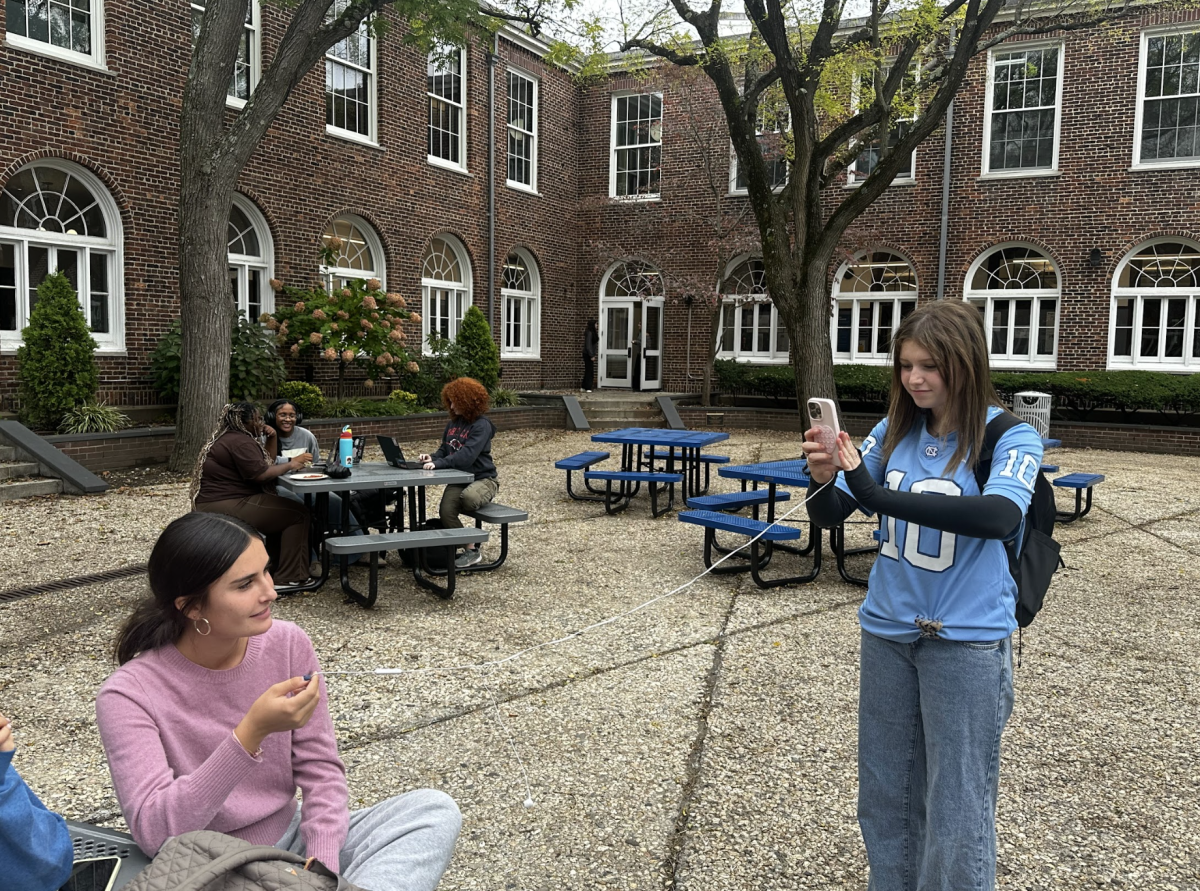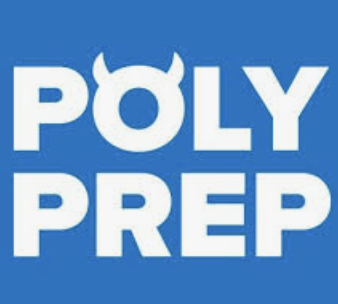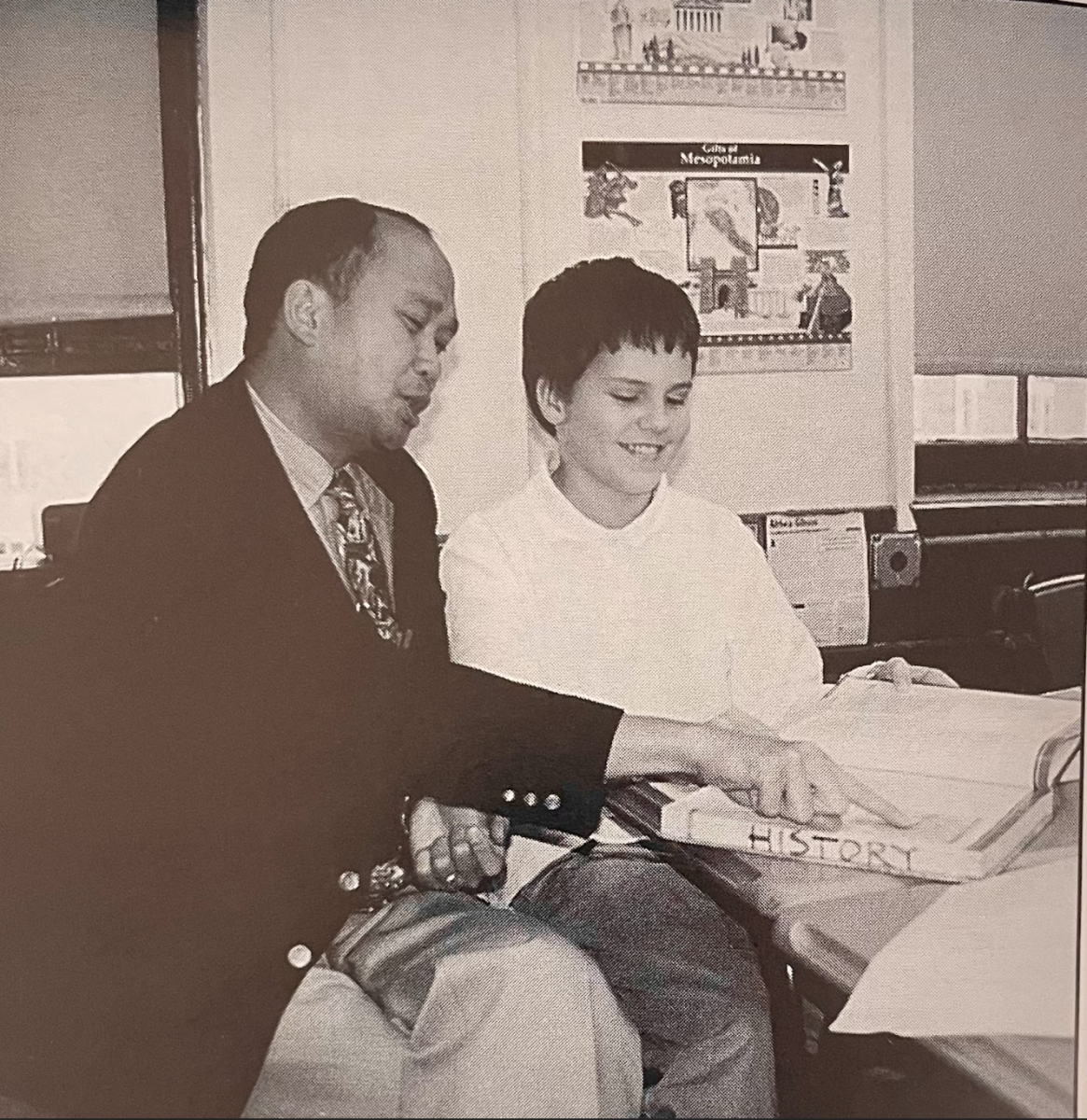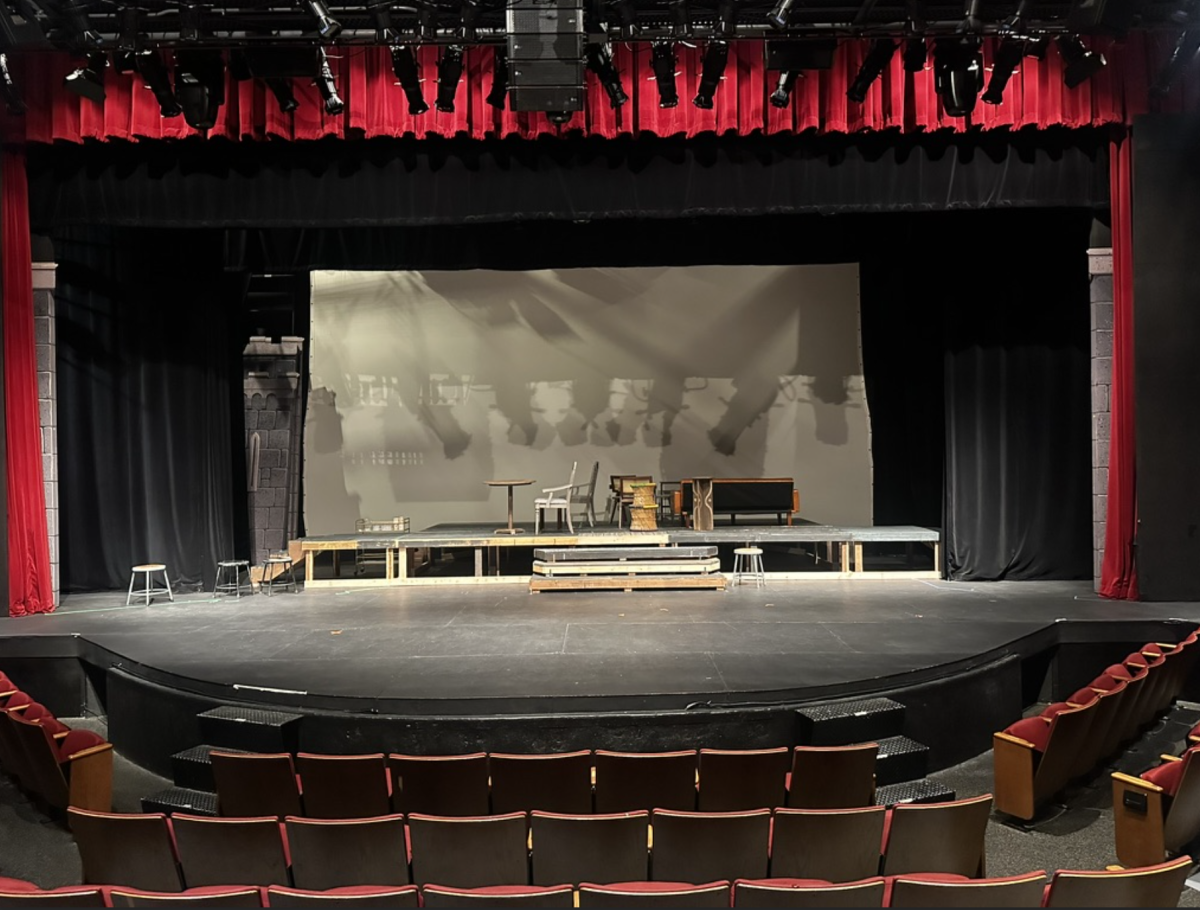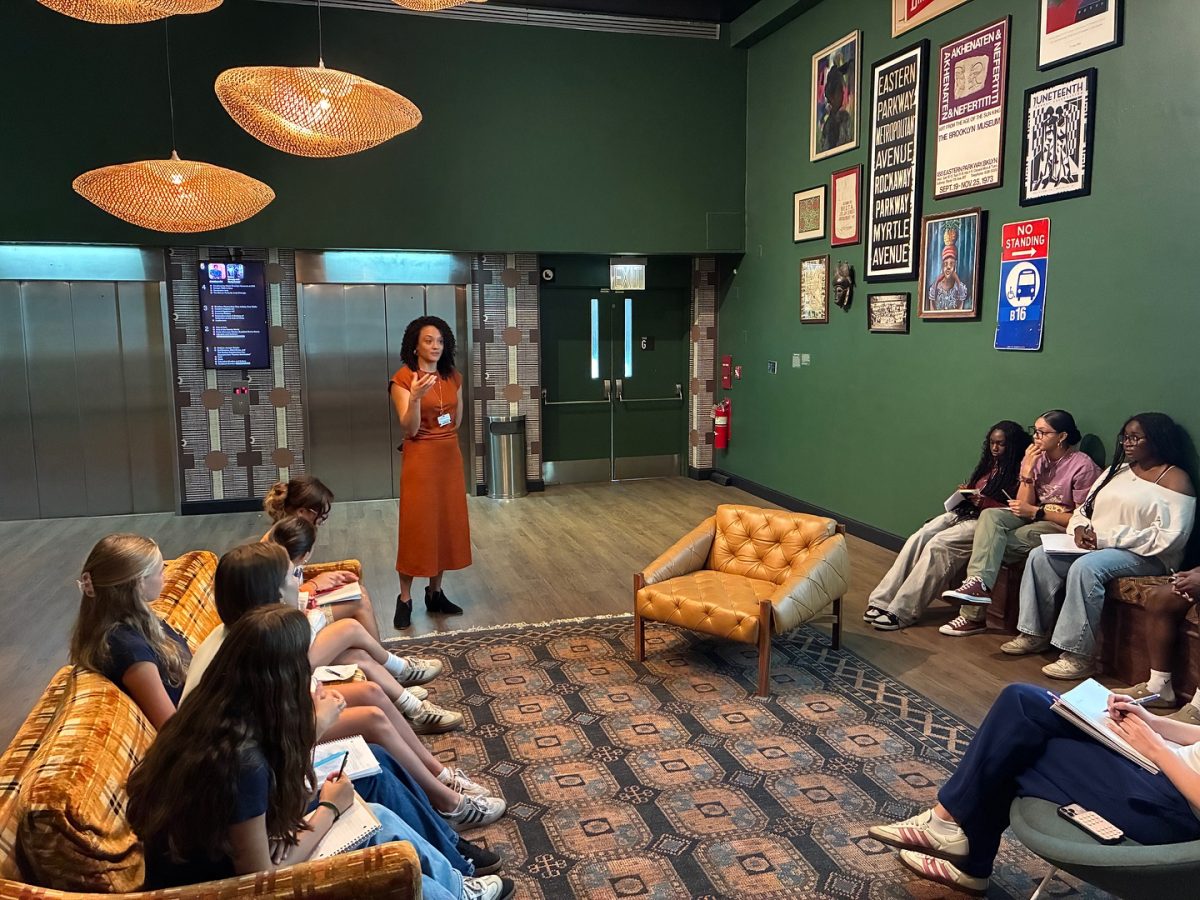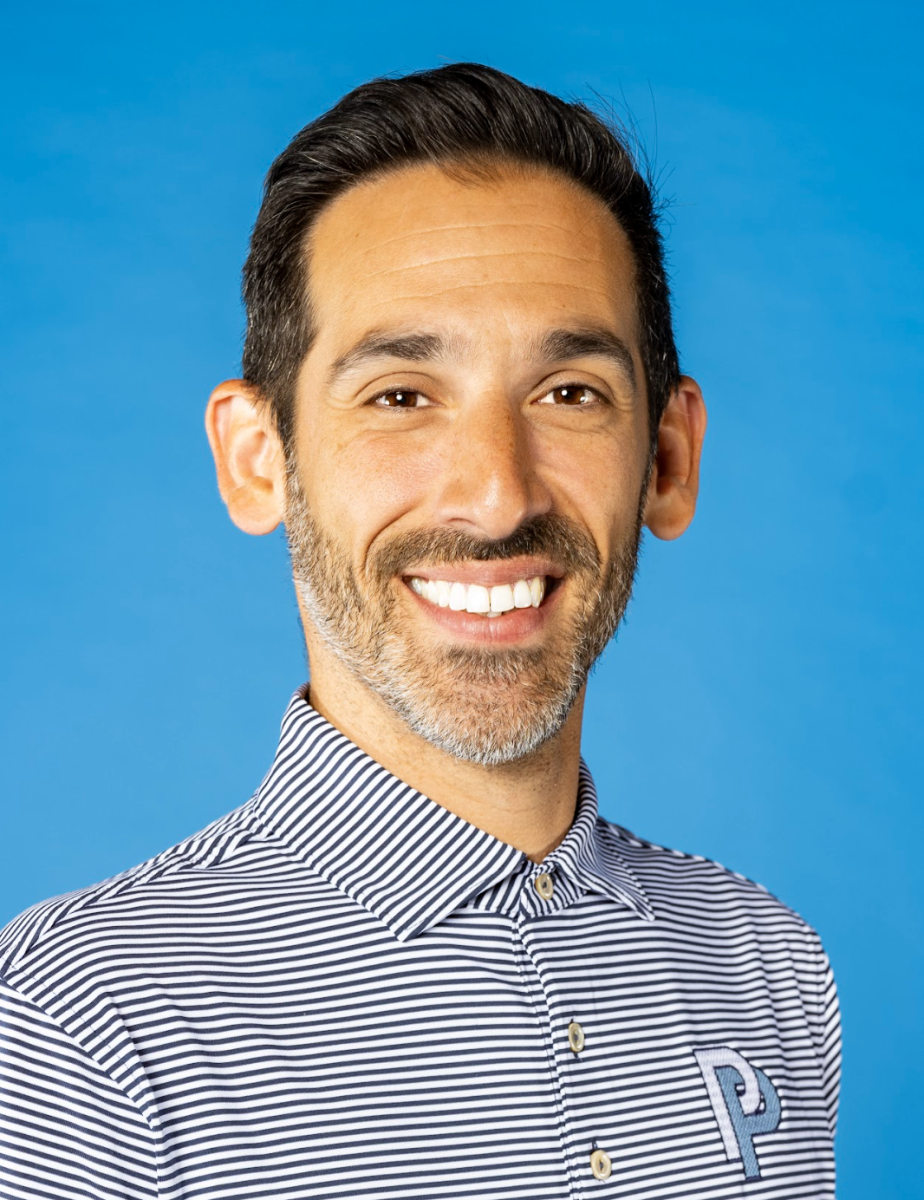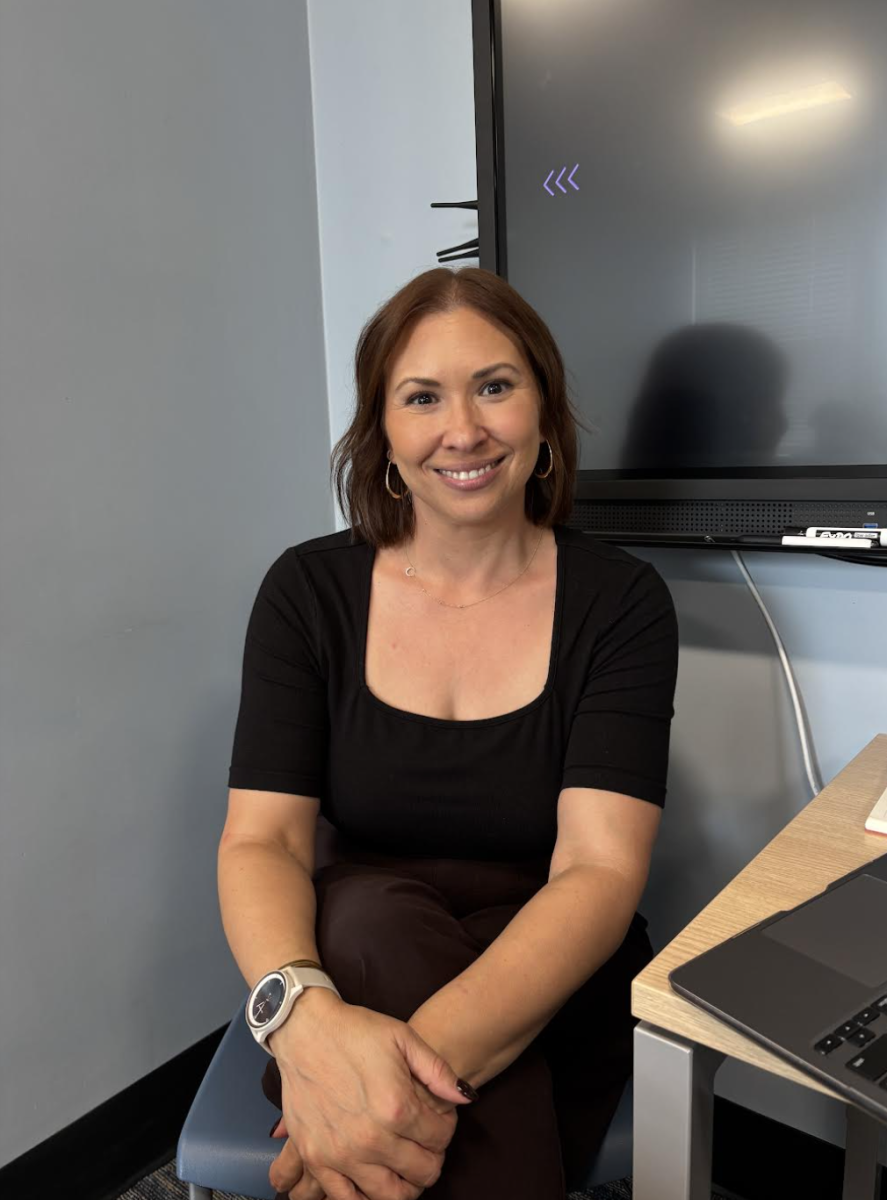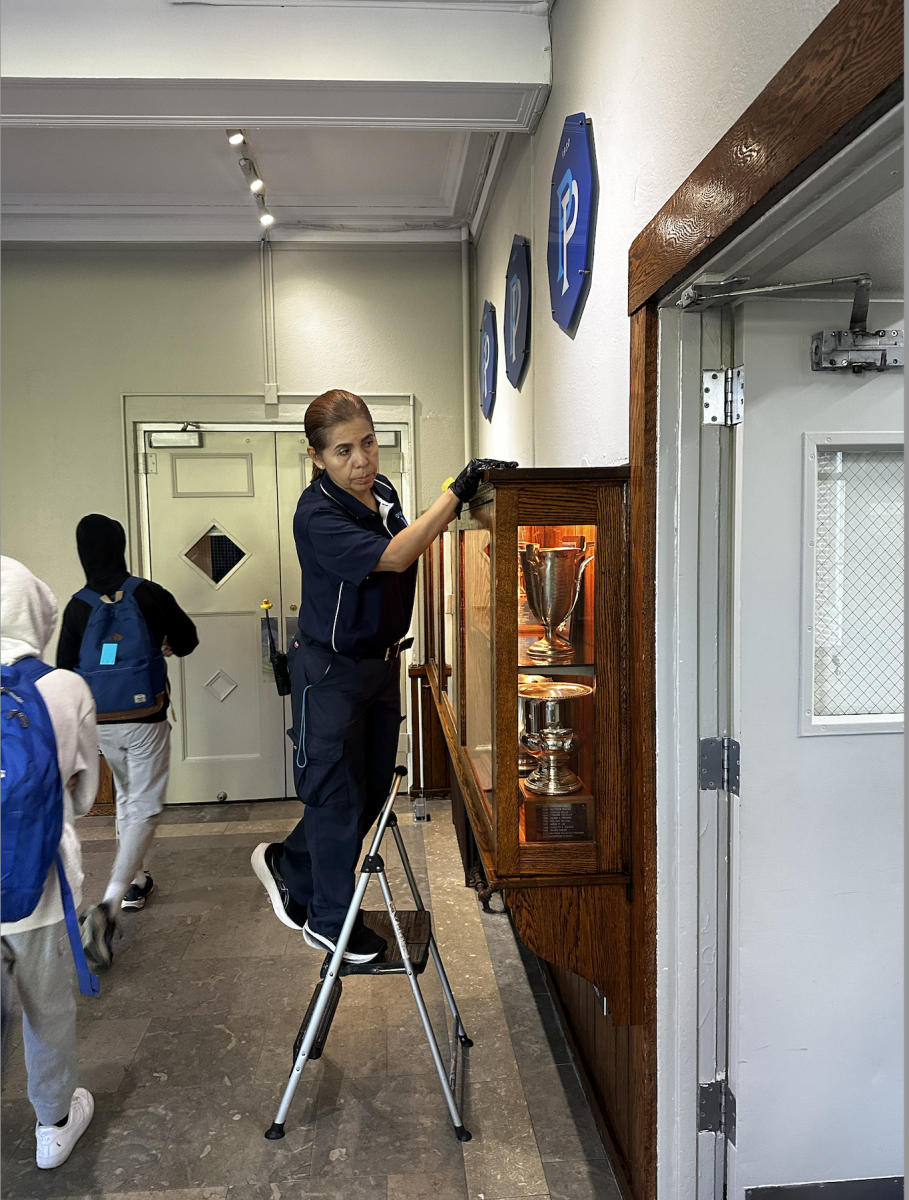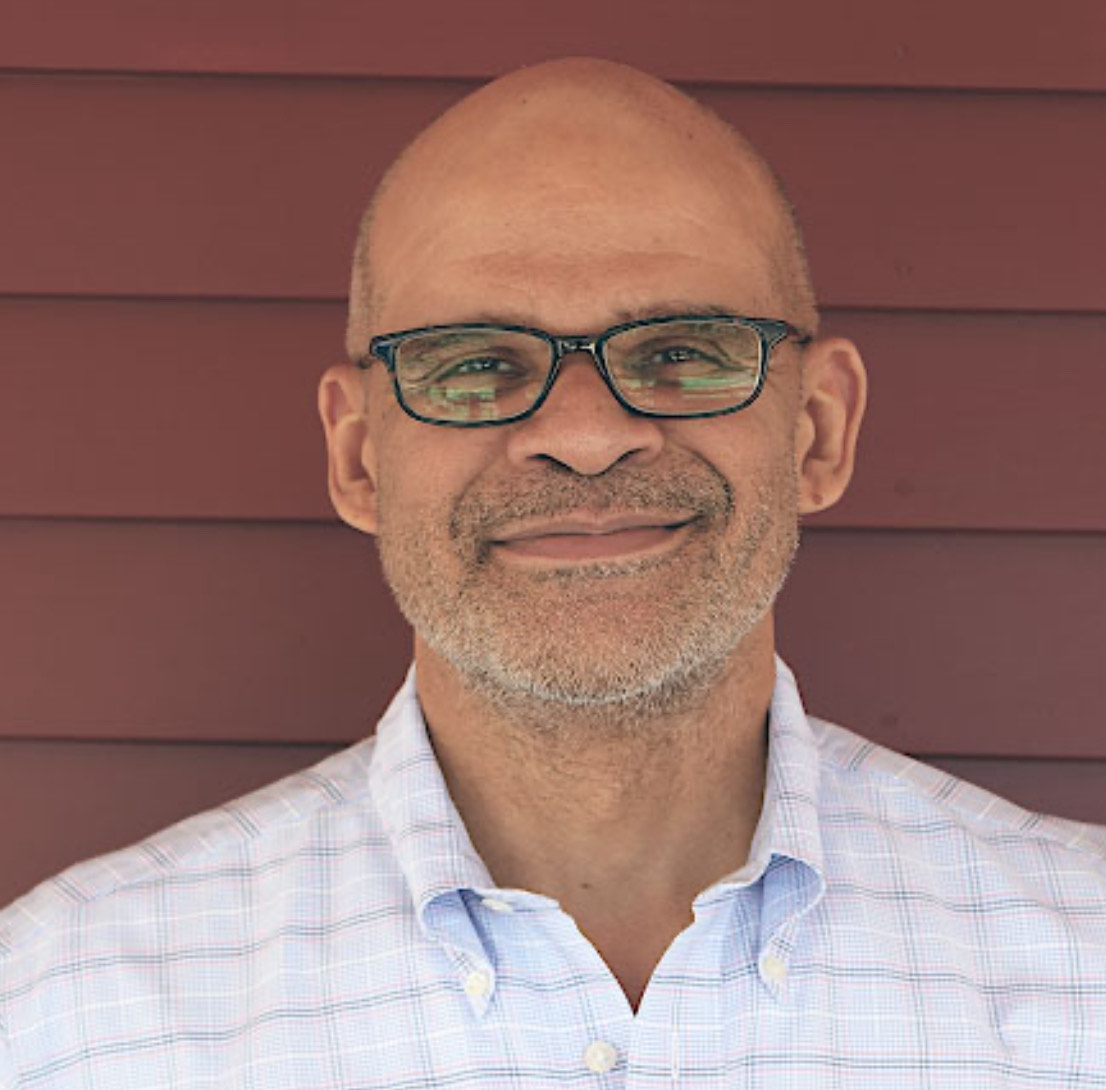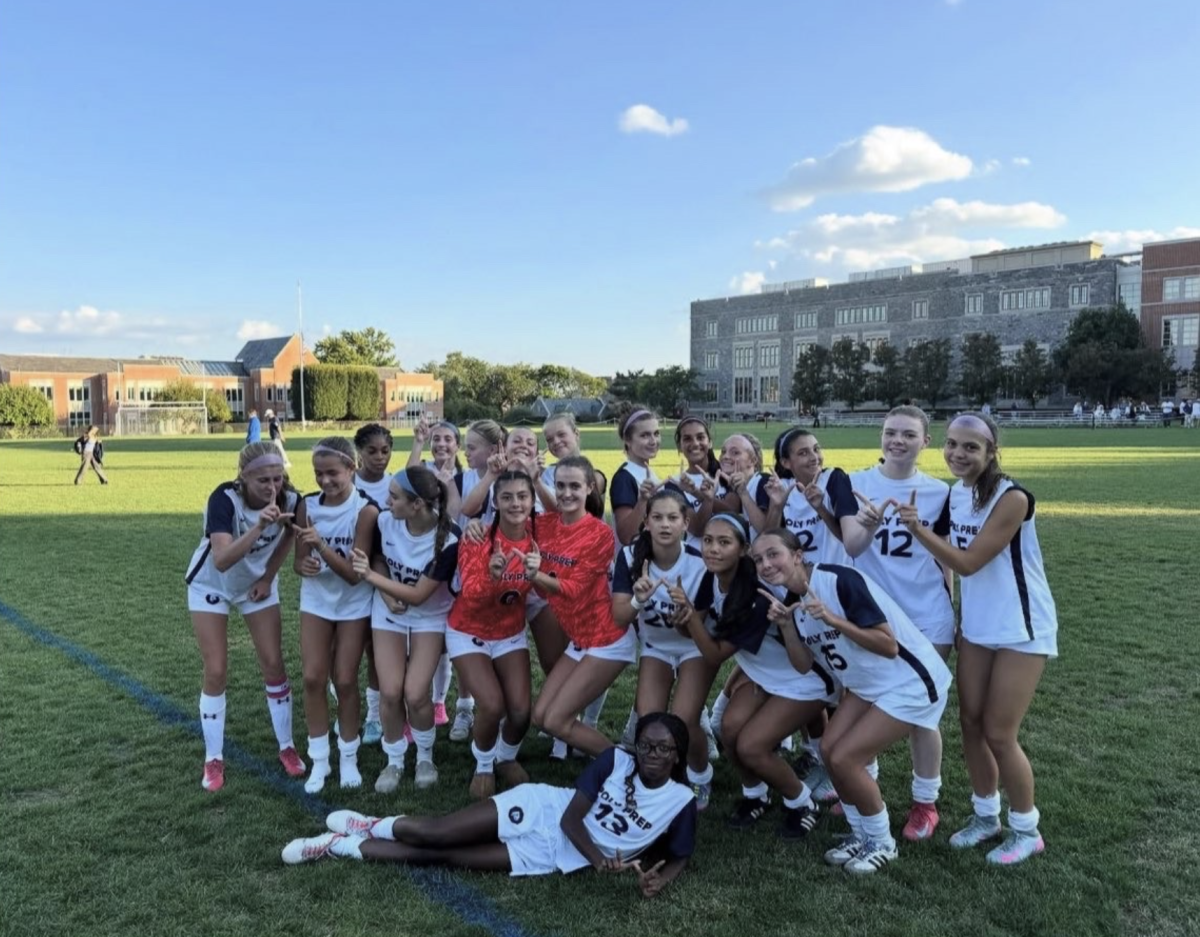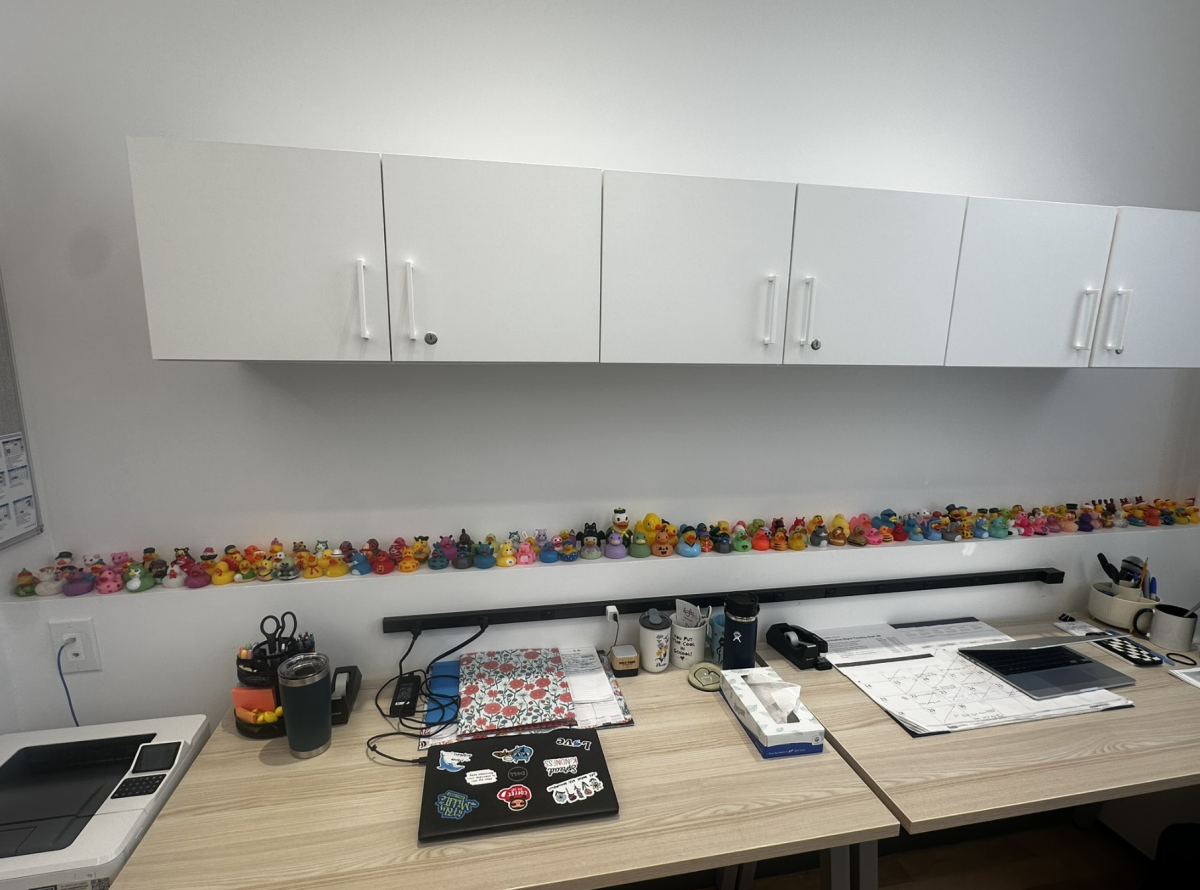Over the last few years, Poly’s DEIB program has undergone radical change. One of the most notable developments is the strict enforcement of attendance for these periods. I believe that these changes are not only frustrating for students who are not interested in DEIB, but also ruin DEIB for those who do.
When I first came to Poly in 2021, as a 10th-grade transfer student from Midwood High School, one of the first groups I joined was Jewish Caucus. After spending nine years from Kindergarten to 8th grade at Hannah Senesh Community Day School, a Jewish Day School in Carroll Gardens, I desired a community that would remind me of the Jewish aspect of my identity that was so important — a group of students who shared similar experiences to me and were equally as interested in Jewish learning, customs, and traditions. At the first meeting I attended, I was greeted by a group of no more than 20 Jewish students who were all there, like me, to bond over our interest in our Jewish identities. It was exactly the type of community a timid new Jewish student needed in order to make a big school like Poly feel more comfortable.
I attended this group every DEIB block and was so invested in the activities and community that I was elected to be a leader for the following year (at that time I was the only one interested, other than the current leaders, in leading such a group). In the meantime, other students who were not part of Jewish Caucus or any other affinity group were required to attend Chapel. Unfortunately, many students who were supposed to be in the Chapel frequently skipped the assembly. In response to this, the following year, regular DEIB assemblies were abandoned and replaced by discussion groups where attendance was taken. In these groups, teachers, many of whom had little substantial training in DEIB, would be given a slideshow that they had often barely looked at and have to present it to the students in the group. From what I have heard from many of my peers and experienced myself, these discussion groups tended to be long, boring, and strict (phones were banned and, in my own experience, there was little tolerance for even excusable lateness). And it’s not just students saying it. A study done by Harvard Business Review study suggests that mandatory diversity training actually makes people more adverse to diversity and “can activate bias or spark a backlash.”
Meanwhile, during this same block, affinity groups would continue to run cultural enrichment activities as they had. The choice was the students’: Slog through a mundane discussion group or attend a lively affinity group with the possibility of getting free food and watching a movie? For many, this was a no-brainer.
The group of 20 of us who had become so accustomed to seeing each other every week quickly ballooned to over 50 — including more than 30 new students who had never previously expressed any interest in joining a group like Jewish Caucus. This year, the group has more than 80. Yet a survey done by The Polygon reveals that nearly half of the 67 students who filled it out would not attend DEIB groups if they were not mandatory. This dynamic not only leaves those who previously did not care about DEIB still uninterested and disengaged from the material they are supposed to be learning, but also ruins the experience for those who actually were interested in their affinity groups.
When all these people joined, I quickly noticed that the close-knit Jewish community that we had previously had dissipated. And the disinterest that some of the new members had previously expressed in the discussion groups or Chapel seeped into Jewish Caucus. Many students just went on their phones, others just kept to their friend-group and talked amongst themselves, others would talk over the group activity. Having students like this in the group makes it nearly impossible to connect with those who actually would be there if it wasn’t required of them — those who have genuine interest in their Jewish identity and meeting other students similar to them.
Maybe it’s better to think in sports terms. Imagine you’re a passionate basketball player: You put all your hours into it and you take it very seriously as does everyone else on the team. Then, Poly makes it a requirement to do a sport and a bunch of people who don’t really care that much about basketball join the basketball team because it seemed like the most fun sport. Then you have people on the team who goof around during practice, and don’t take it seriously at all, making the team as a whole feel like a joke. This is effectively what I believe has happened to DEIB.
Alex Xiao, leader of AAPI, have noticed similar things happen to their groups: “People took advantage of the fact that we have other things going on like movie watching sessions and free candy to kind of just be there and be disruptive. To talk over students when they were presenting stuff like daily check-ins or having really important discussions,” he said.
I also have noticed that encouraging and enforcing diversity groups attracts students who are interested in the groups for what I would consider the wrong reasons. I recall last year, one interaction I had in particular with a non-Jewish student who attended Jewish Caucus. I would often see this student in meetings, quietly attending the group, despite having said they had no affiliation with Judaism — though I found this a bit weird, I did not bother them. However, one day in the library I was independently working on a history essay about WWII’s impacts on the United States when this same student suddenly came up behind me and began spewing all kinds of information about the Holocaust to me. The student went as far as to recommend looking at a website that had a map of where every concentration camp was, calling this site “cool.” I told them that my history essay actually had nothing to do with the Holocaust and then frustratedly turned my back, shaken by this micro-aggression. Following this interaction, I was disturbed by the idea of the student attending more meetings where I was talking about and sharing my Jewish culture and heritage.
Erika Freeman, director of DEIB, said that DEIB groups were originally supposed to be places where students of diverse heritage can find safety in a school like Poly. “[DEIB spaces] were really critical for students attending a predominantly white institution or a predominantly heterosexual institution or whatever you want to call the reasons for those spaces,” she said. “So those kids who had to live amongst a larger community all of their school days actually had a place to come together and talk about their experiences.” I believe that despite the demographic changes the school has undergone, establishing a safe community for minorities should still be the primary goal of affinity spaces. Making DEIB mandatory encourages students with alternative motives to join, which undermines the goal of having these groups act as safe spaces.
However, as Freeman noted, DEIB can’t just be optional. Over the years DEIB has grown to be one of the school’s most core values — it’s even in their slogan: Diversity, Excellence, Brooklyn. For them to emphasize it so much they have to teach it at some level: “Do you say, if you don’t want to be here go do nothing and disengage with all of it? That’s easy to say, but does that really mean that we as a school community are living up to what we say we are?” Freeman pointed out. I agree with Freeman in this regard, as she continued to note in our conversation, people choose Poly for the diversity programming it offers: we can’t just push it to the wayside. So how do we accommodate for a safe space for students striving to connect with others who share their cultural heritage whilst maintaining a standout diversity education for even those who don’t want to do such things?
One solution I have thought of is to make discussion groups half a period and keep affinity and alliance groups as full periods. This way, people have less incentive to join an affinity group in order to get out of discussion groups, whilst also continuing a strong DEIB program at Poly. Only students who genuinely care about the affinity or alliance groups will attend and they will return to being the safe spaces for students of diverse backgrounds they were meant to be, while other students will get the alternative DEIB education they choose.

